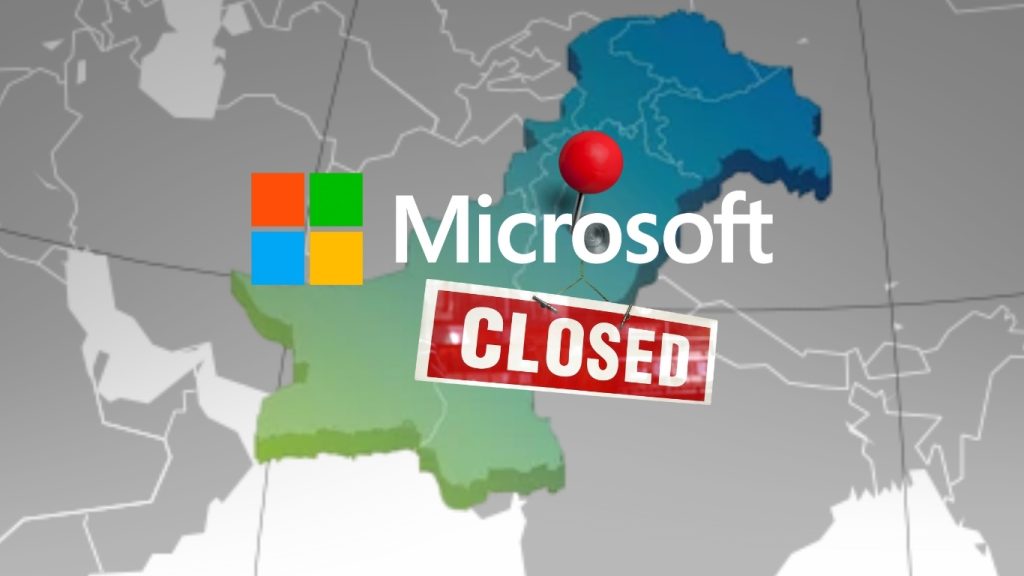Microsoft has announced its decision to close operations in Pakistan after a 25-year presence, attributing the move to global business priorities and evolving market dynamics. The exit will halt its local customer support, cloud services, training programs, and partner development initiatives.
This departure significantly impacts Pakistan’s tech ecosystem. Local businesses and developers who depended on Microsoft’s Azure, Office 365, and training platforms will now confront service disruptions and increased switching costs. The move also removes a key generator of revenue and mentorship in the software development landscape.
Industry experts warn that Microsoft’s exit may act as a signal to other global tech players, potentially weakening future investment and hurting confidence in Pakistan’s digital market. The gap created could slow innovation in emerging sectors like AI, e-commerce, and fintech.
To offset these risks, stakeholders are urging the government to:
- Introduce incentives for international tech firms, such as tax relief and streamlined regulations.
- Strengthen local capacity through cloud infrastructure and domestic vendor support.
- Shape digital policy frameworks focused on data protection, cybersecurity, and interoperability that foster global trust.
Reversing Microsoft’s exit and preventing further departures will require urgent policy reforms, investment facilitation, and partnership strategies aimed at preserving Pakistan’s integration into the global tech value chain.



Comments (0)
No comments yet. Be the first to comment!
Leave a Comment